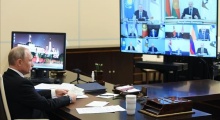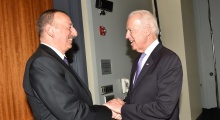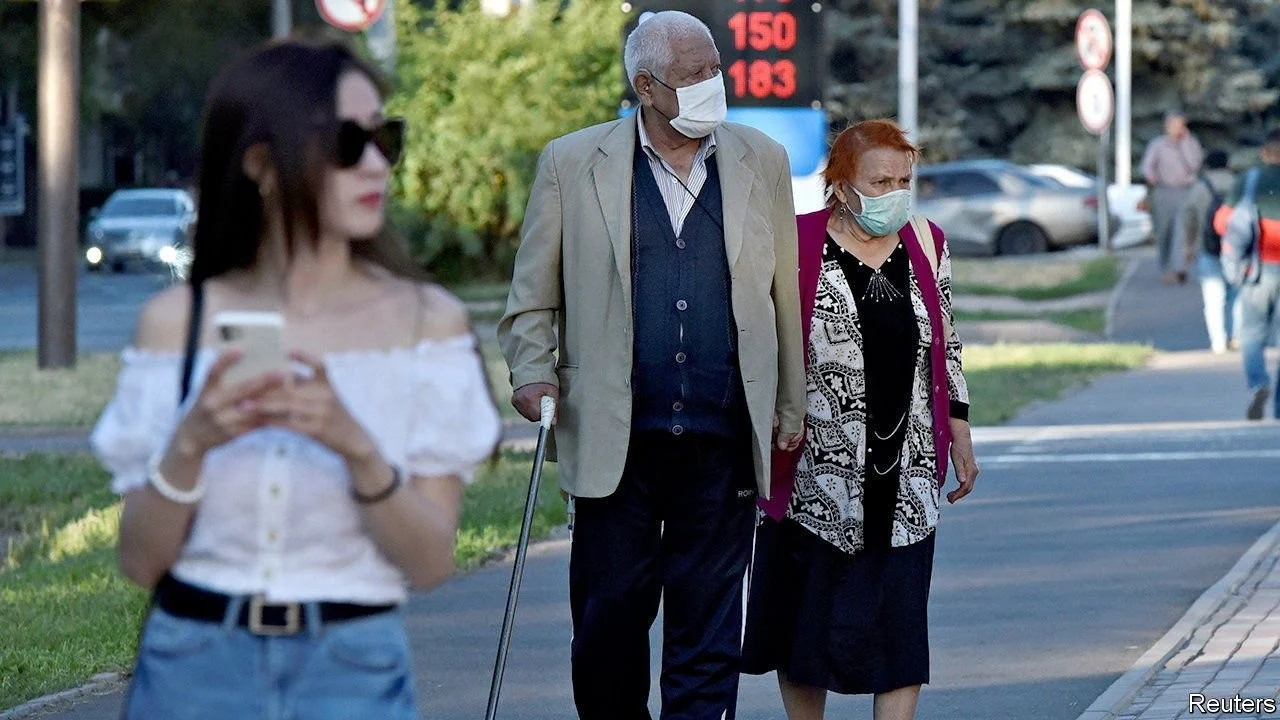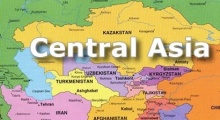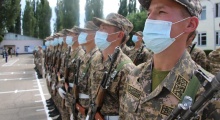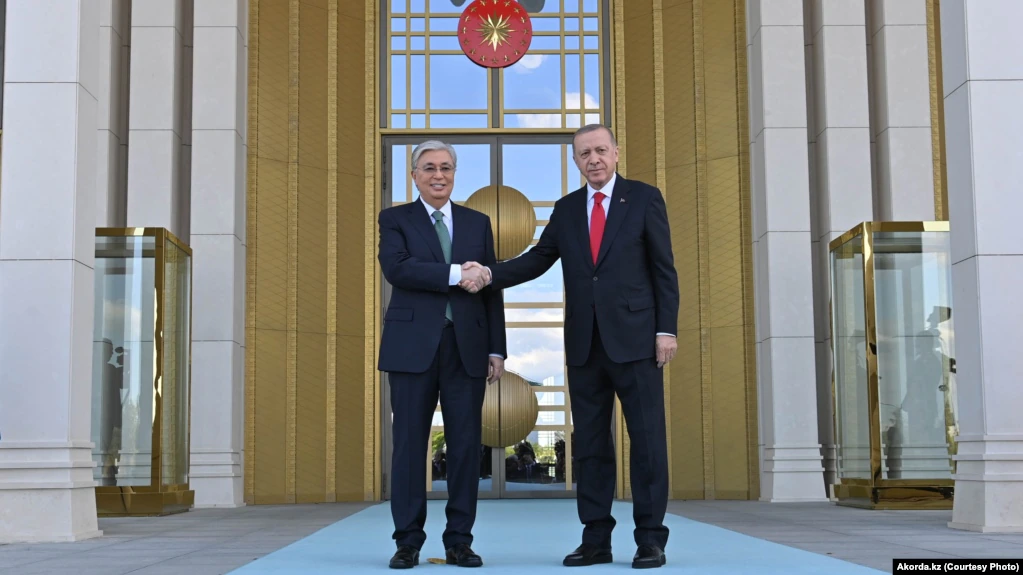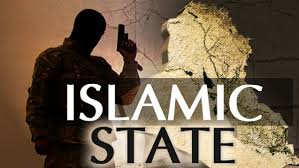 Political divisions prevent the global community from reversing the rise of the Islamic State group, Kazakhstan's top diplomat said, urging world leaders to unite efforts to combat extremism.
Political divisions prevent the global community from reversing the rise of the Islamic State group, Kazakhstan's top diplomat said, urging world leaders to unite efforts to combat extremism.
Foreign Minister Erlan Idrissov said in an interview with The Associated Press on Saturday night that his country was until recently "100 percent immune from fundamentalism and extremism," but prosperity and growth had made it easier for what he called "crazy, extreme ideas" to take root in some parts of the population. He said it was "a culture shock" that estimated 200 Kazakh nationals are now fighting in Syria.
Describing political divisions as a key impediment to overcoming the threat posed by Islamic State, Idrissov called on major international players to come together to fight the organization that controls a third of Syria and Iraq and has spread to North Africa, the Sinai and Afghanistan.
He said it was unimaginable that the United States, China, Russia and Europe were unable to "overcome a relatively small group."
Idrissov looked to the meeting between U.S. President Barack Obama and his Russian leader Vladimir Putin at the United Nations on Monday to set in motion a change in tactics.
When asked about Kazakhstan's stance on the war between Ukraine and Russia, Idrissov reaffirmed his country's commitment to Ukrainian territorial integrity and sovereignty. He ruled out "apocalyptic scenarios" of a Russian invasion of Kazakhstan, which also is home to a sizeable Russian minority.
The foreign minister also said he did not see Russia or China as a threat: "We know that their potential is much bigger than ours. Therefore, a logical approach is to join efforts and jump on board of their development."
While the country launched a bid for a non-permanent seat on the UN Security Council, Idrissov does not believe oil- and natural gas-rich Kazakhstan is under-represented in the world's discussions. "We do not have any ambition to be a global power," he said. Kazakhstan is content with its role as "a regional power, a regional engine, both political and economic."
Idrissov defended President Nursultan Nazarbayev's re-election this year after a quarter century in power, saying the Central Asian leader was "genuinely popular."
Idrissov cautioned against applying principles operating in mature democracies to Kazakhstan, suggesting western attempts to foster democracy in developing societies frequently ended in violence and turmoil.
"I'll give you an example of Ukraine, Kyrgyzstan and the Middle East. Where is a democratic Iraq?" he asked, "We don't want this. Nazarbayev is a guarantor against these scenarios. He's a benign ruler. Yes, he might be autocratic, our system might be called autocratic, but we are happy.
We are happier than Ukrainians or Syrians."
www.publicopiniononline.com, 27.09.2015




